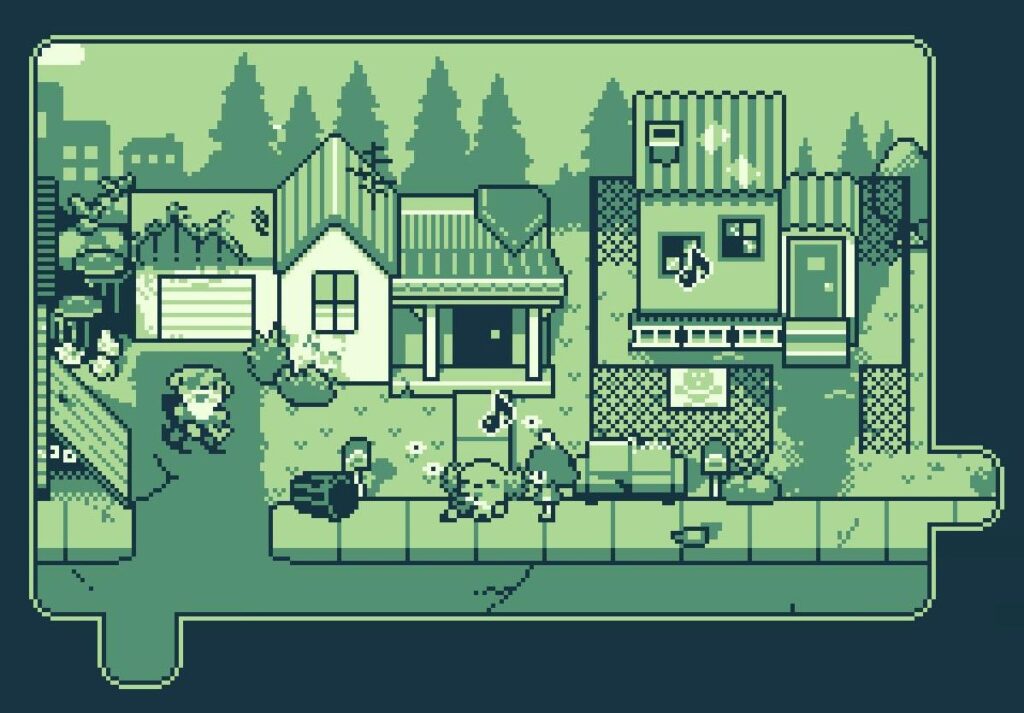
PC, Xbox, PS, Switch
In the utterly adorable and entertaining Melon Journey, we play HoneyDew, an employee of a factory that produces melon-flavoured soda. Her best friend has gone missing, and in your investigations into where she might be, you accidentally uncover an entire conspiracy behind those sweet gourds.
Melon Journey is a JRPG-styled game, but with no combat and few puzzles, instead its focus entirely on story. As you brave the streets of Hog Town, a place where melons are illegal, HoneyDew (or whatever you choose to name her) seeks out her missing chum (similarly named by you) while encountering a broad cast of delightfully silly characters. Some are animals, some are maybe humans, some are definitely ghosts, and all are sweetly written, and partly bonkers.
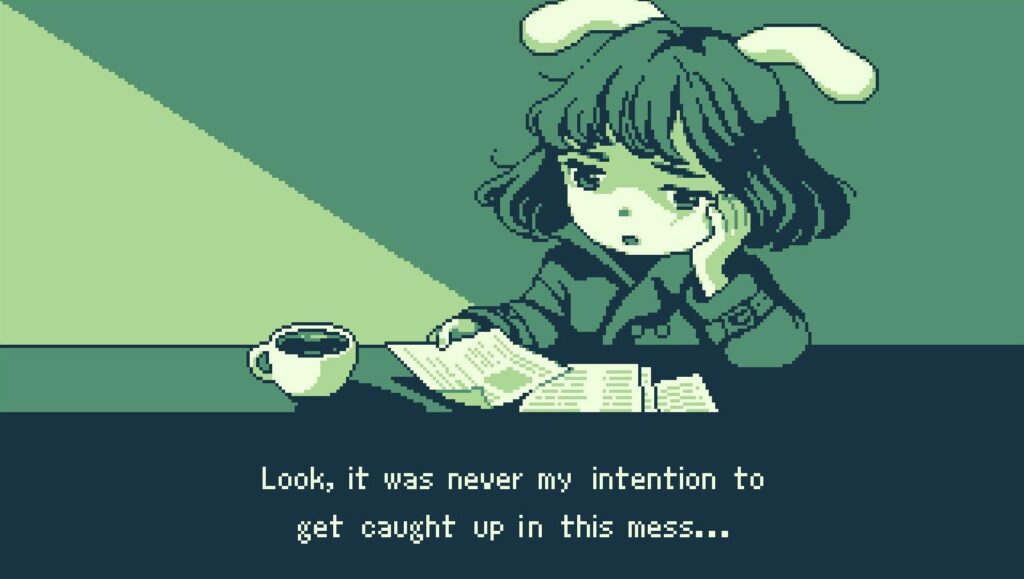
It’s interesting, these games where the traditional elements of what awful people call “gameplay” are removed, leaving behind a mostly fixed narrative for you to pursue. I’m never quite sure how to describe them, especially when “visual novel” now suggests a very specific style of game, and “walking simulator” is a confusing term that’s too often pejorative. “Story-led” seems useful, I suppose, but also obfuscates in its ambiguity, not making clear what’s left out. In Melon Journey, while you make some decisions that affect the playing out of the forthcoming narrative, for the most part this is a game about walking your character through its streets and buildings, triggering the next conversation or event, and that’s about it.
But when a game is this lovingly put together, and well written, that’s enough, too. It’s even more the case here, given how much the game rewards wandering off the obvious route to the next key event, packing every location with little extras, funny conversations, outcomes of minor narratives, or just goofy animations. It’s always worth visiting every building, revisiting every previous location, to see what the characters there now have to say.
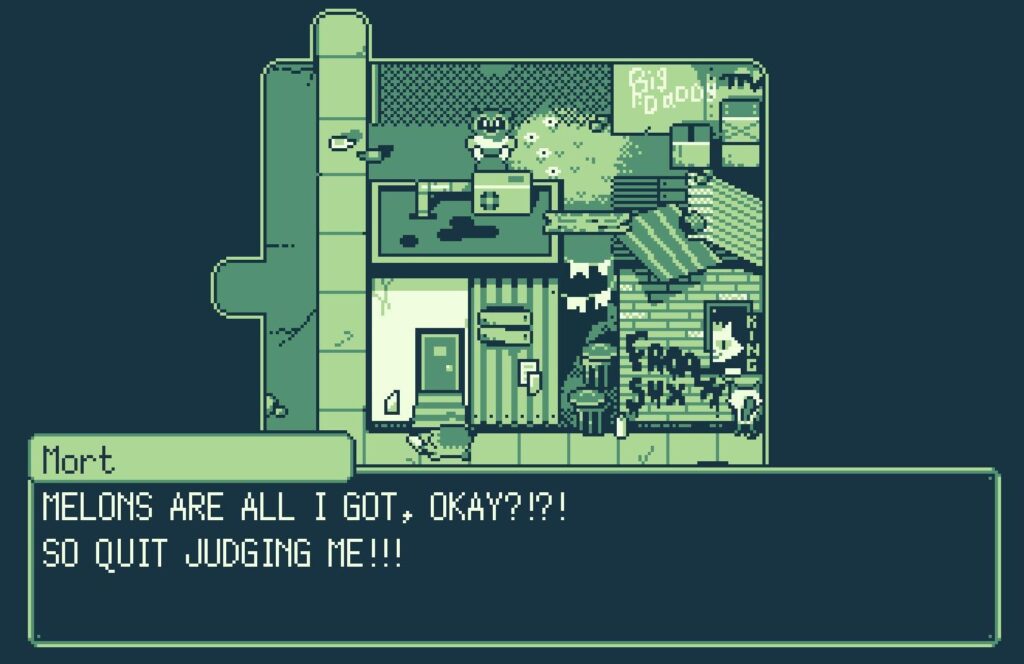
The story is extremely silly, somehow featuring dubious mayoral elections, multiple secret cults, bands of criminals, and the moral implications of melon consumption. But it’s also bizarrely coherent, its daft twists and turns feeling earned over its few hours.
And this isn’t some RPG Maker churn, either. Every character is superbly animated, the locations vividly designed, and the green hue an aesthetic choice that influences the plot.
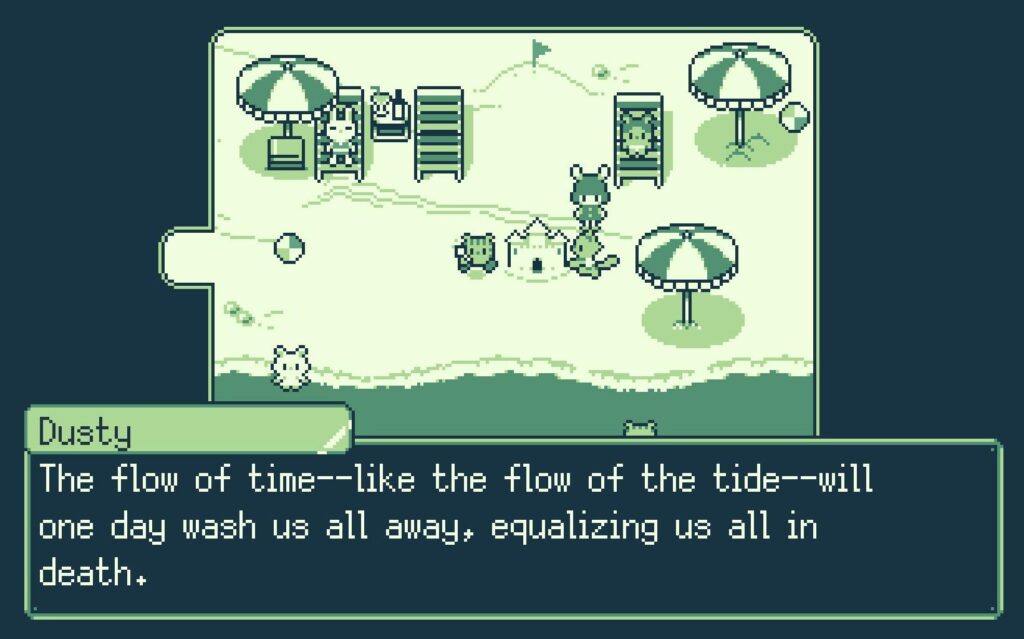
Melon Journey is also the very essence of “wholesome gaming”, without feeling puritanical or pallid. It’s entirely family-friendly, extremely cute, but not saccharine. It has an edge, even if that edge is entirely about melons.
In that gentle way, I didn’t find myself guffawing as I played, but instead with a steady smile on my face, enjoying its calm humour and gleeful characters. It’s happiness-inducing, and that’s all too rare of a thing, well worth embracing here. Thank Froach for that.
All Buried Treasure articles are funded by Patreon backers. If you want to see more reviews of great indie games, please consider backing this project.


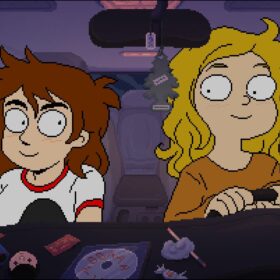


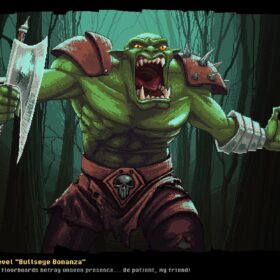
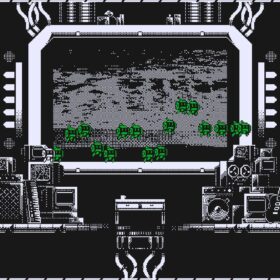
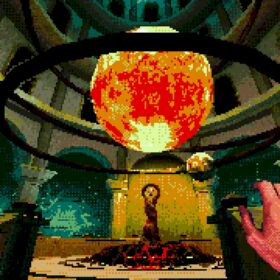

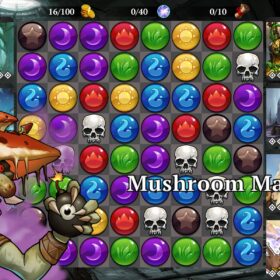
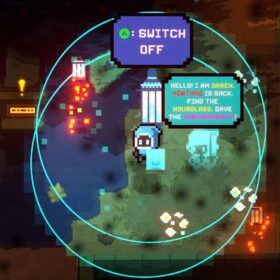


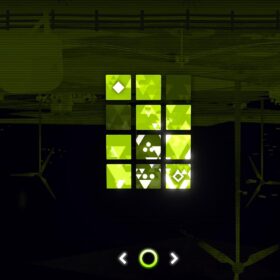
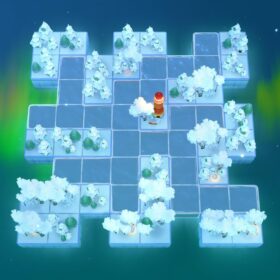
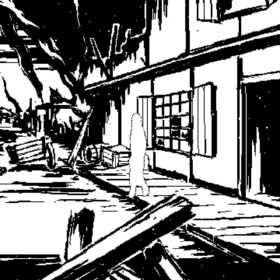



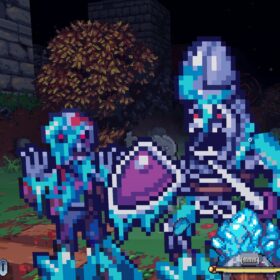
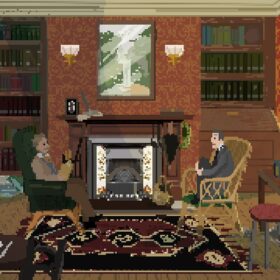
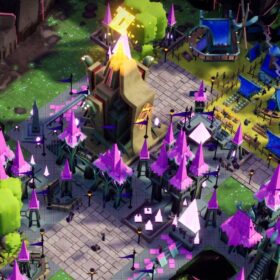
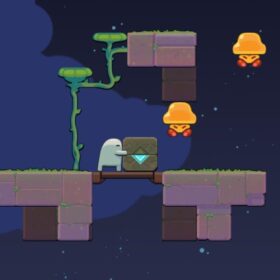
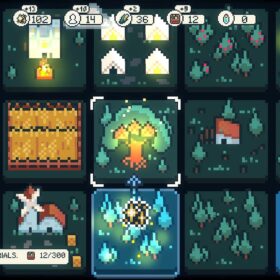

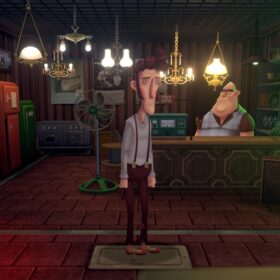
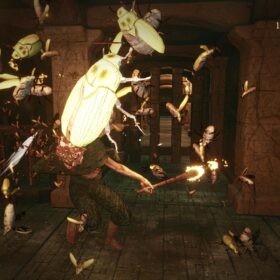

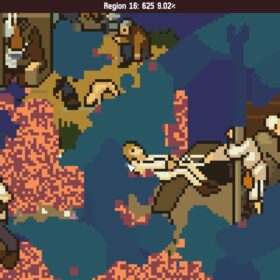
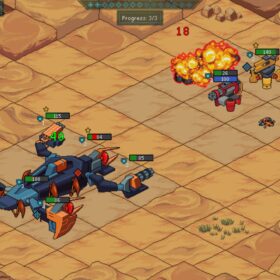


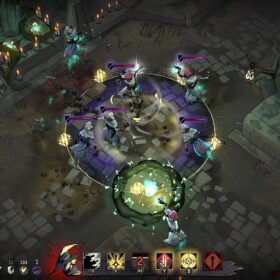
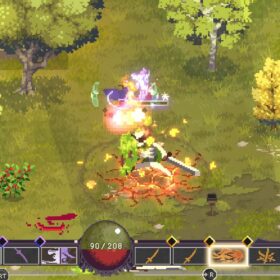
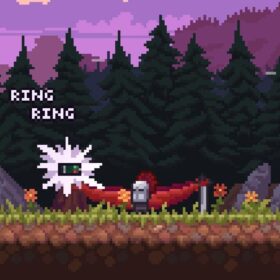
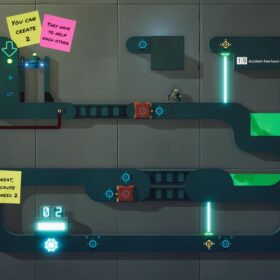
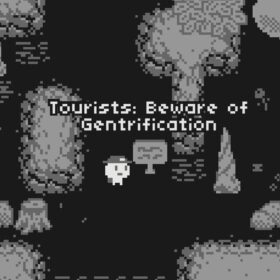

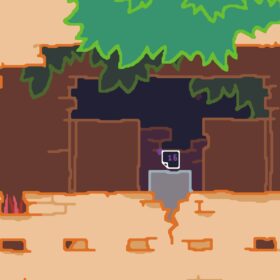
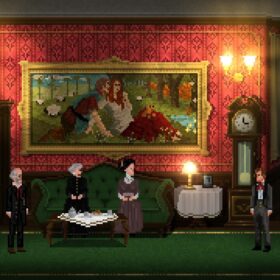

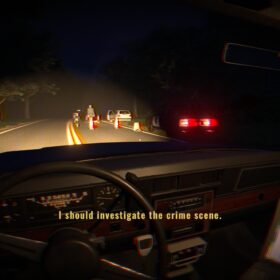
Story-driven adventure games without puzzles and with optional exploration… maybe a Kentuck-em-up?
The recent release of Mr Saitou independently had me wondering what a good name for “Looks like a JRPG but isn’t, gameplay-wise” games should be — games like this, Over the Moon, even some pixel horror games all have that classic JRPG look, but deliver something different.
This must be the same confusion reviewers felt staring at Dear Esther or The Stanley Parable, with no terminology in their existing kit back then more appropriate than “FPS”
I tend to use the term “narrative discovery” for these sorts of games. “Walking simulator” sounds derogatory to me, and most walking simulators have more than just walking in them. You discover the narrative.
How about VNRPG?
I think there are enough of this type of low mechanic story focused RPG-alikes out there, they are taking a VN style approach through an aesthetically and/or mechanically RPG styled world. I’m assuming choice of game engine plays a significant role in this. The article doesn’t come out and name it, but it is implied that VN is strongly associated with RenPy at this point, where as these others are more likely created using RPG Maker or something of a similar ilk. I think VNRPG would sum it up nicely.